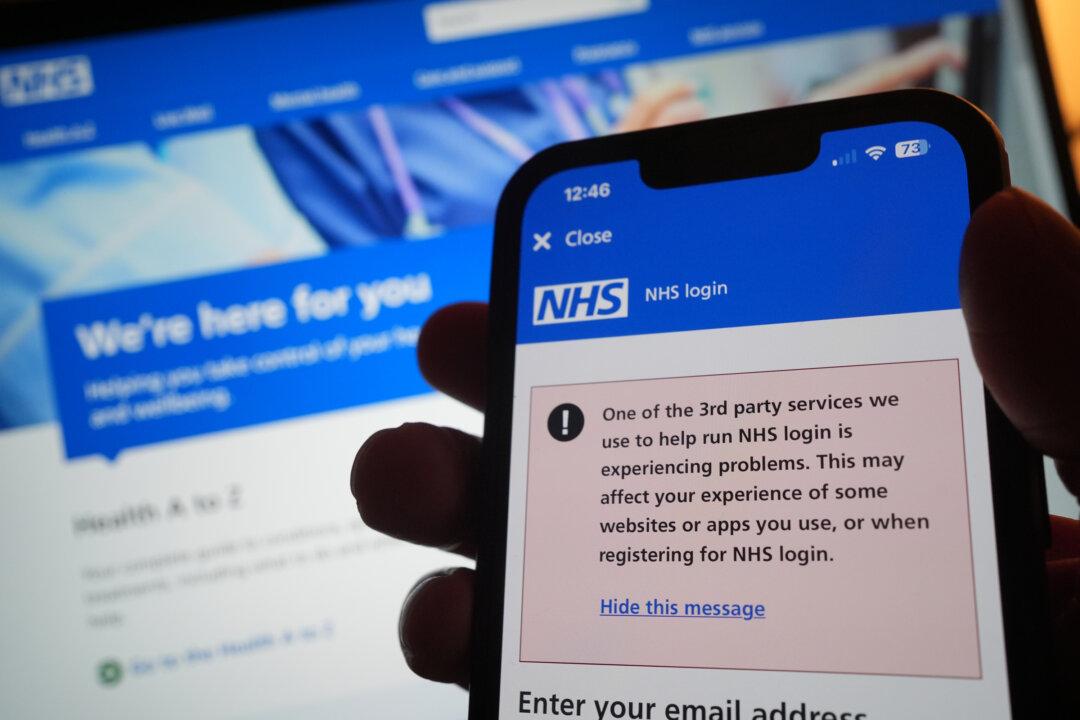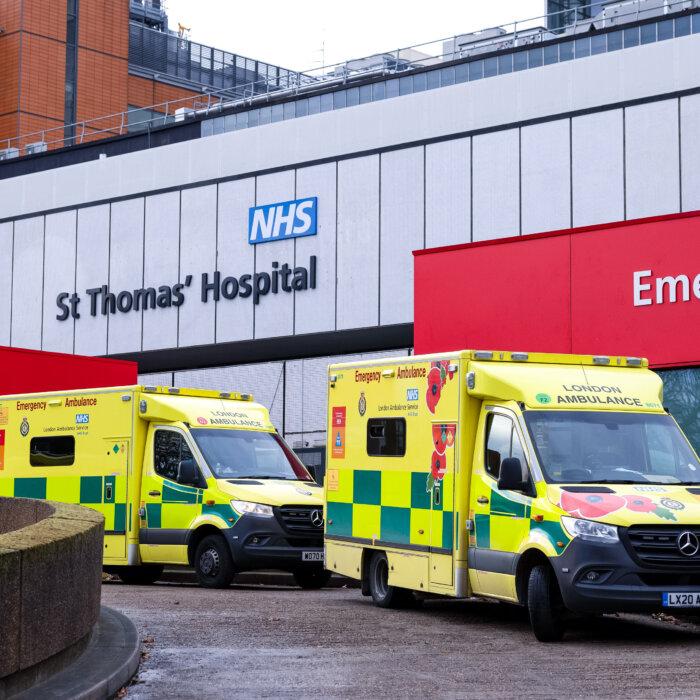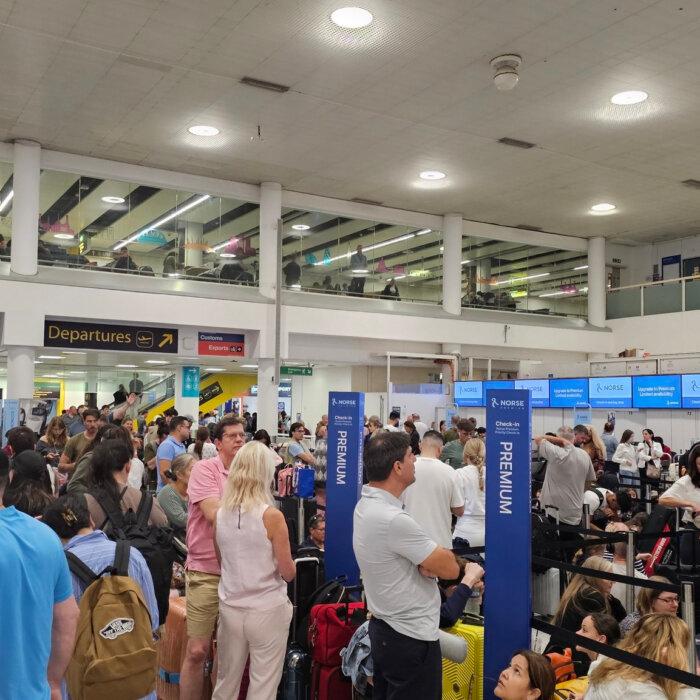The impact of the global IT outage that significantly disrupted GP and pharmacy services in the UK is expected to last for days, a Cabinet Office minister told MPs on Tuesday.
Last week, a faulty update to software by CrowdStrike caused flight and train cancellations globally and crippled some health care systems.
The NHS lost access to test results and appointment information, mostly affecting GP services. Members of the Royal College of GPs have reported that practices using EMIS IT systems were “particularly affected.”
Patients were advised to “try and wait until the outage has been resolved.” The outage also caused backlogs in pharmacy prescription services.
Speaking in the House of Commons on Monday, Cabinet Office minister Ellie Reeves said that health care service “are expected to be operating at full capacity in the next few days.”
She said that “tried and tested” NHS contingency plans have been enacted to resolve the issue.
“As IT systems are complex, we can expect that minor disruption will continue in some areas while systems continue to recover, but my officials expect those to be resolved in the next couple of days,” Ms. Reeves told MPs.
Policymakers heard that patients who could not access GP appointments were able to attend urgent care services, and GPs were able to issue paper prescriptions.
On Monday, NHS England said that its systems were back online, but warned of some delays as services recover and GP appointments are re-booked. Patients have been advised to attend appointments as normal unless told otherwise.
“We’re very relieved that the IT issue appears to have been resolved, but the incident has left many practices with a backlog of patient appointments and administrative duties that will likely take time to catch up on, so we urge all patients to please bear with us. We advise patients to check their practice’s website and social media for any relevant information and updates to their service,” said Royal College of GPs Chair Kamila Hawthorne.
Digital Defences
MPs pressed Ms. Reeves for assurances that the government will strengthen digital defences to prevent similar incidents in the future.Officials from the Cabinet Office Briefing Rooms, which manages the government’s response to national emergencies, held two meetings on Friday. The unit will work with government departments to help them manage the impact of the outage, Ms. Reeves said.
Ministers will also work with the National Cyber Security Centre “to review the lessons learned.”
The government’s Cyber Security and Resilience Bill, announced in the King’s Speech last week, aims to strengthen the UK’s cyber defences and to ensure that critical infrastructure and the digital services that companies rely on are secure.
The legislation is a “priority for this government,” Ms. Reeves told the House.
Past and Future
The CrowdStrike outage is the latest cyber issue that has affected the NHS in recent months. It follows a ransomware cyberattack on major London hospitals in June, which hit NHS systems using Synnovis, a provider of pathology services. As a result, services including blood transfusions and test results were disrupted.Commenting on the aftermath of the CrowdStrike outage, Dr. David Wrigley, deputy chair of the British Medical Association’s GP committee has warned that GP surgeries will need time “to catch up from lost work.”
“The BMA’s GP committee will continue our dialogue with both EMIS and NHS England, both to make sure that the coming week can be used to recover as quickly as possible and to urgently work on securing a better system of IT backup so that this disaster is not repeated in future,” he said in a statement.







